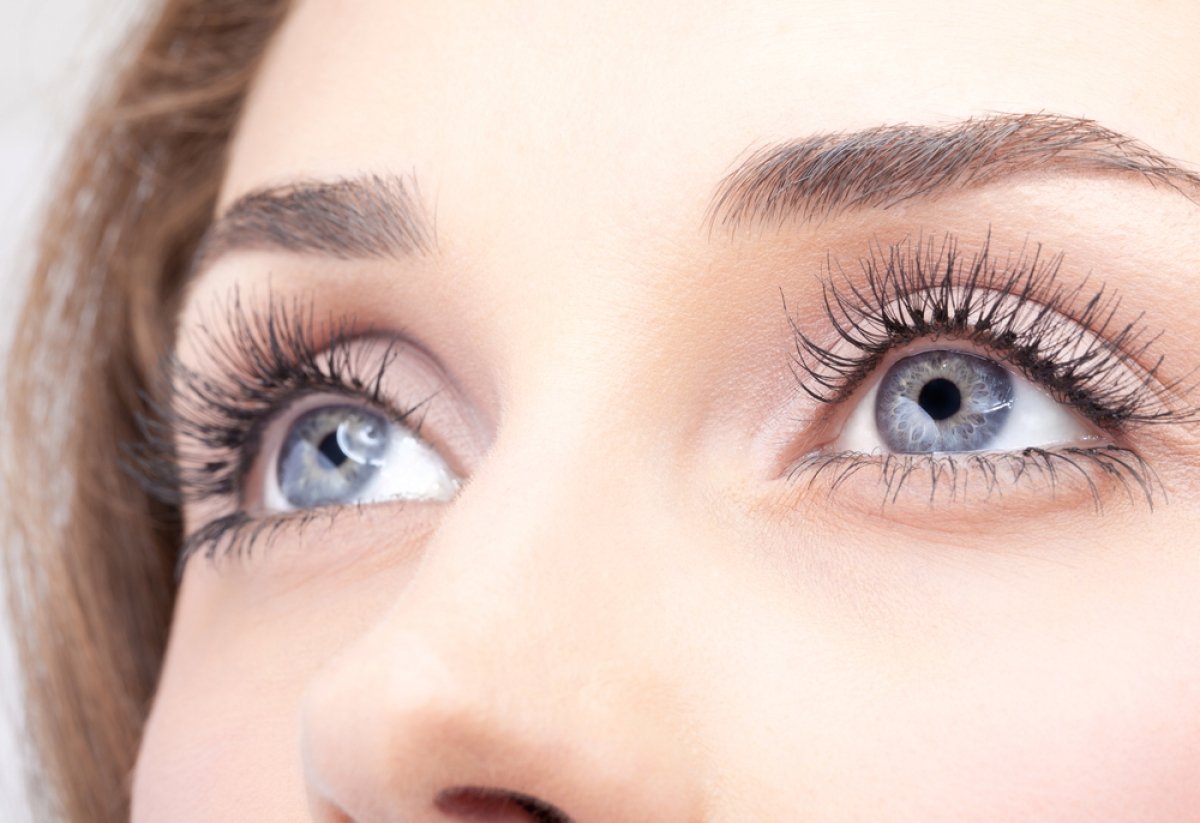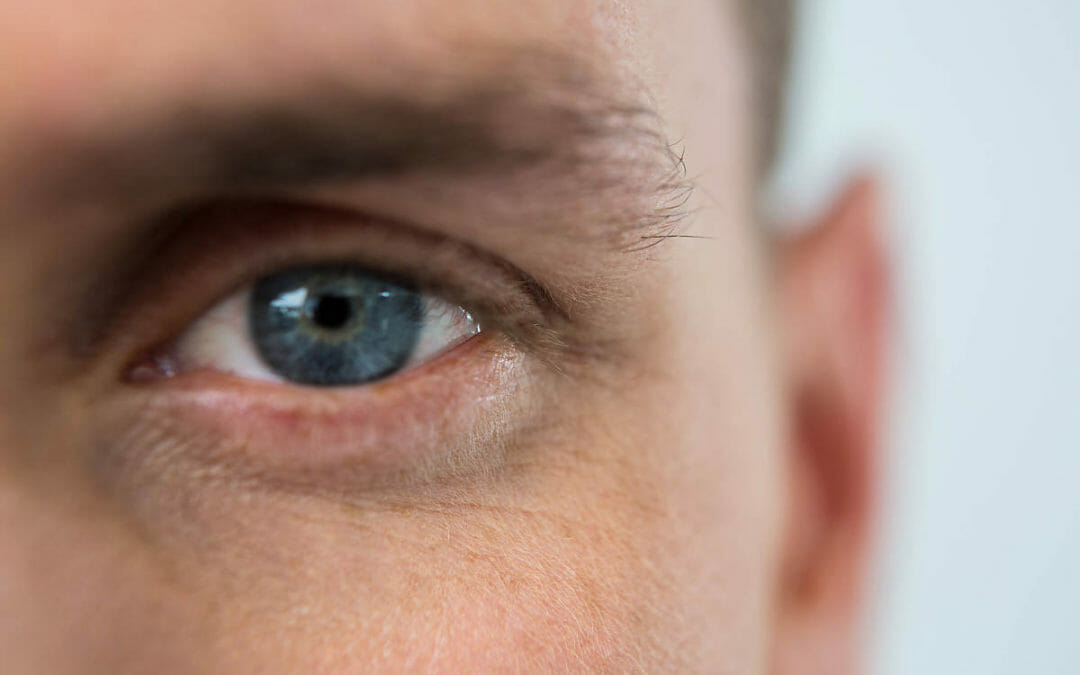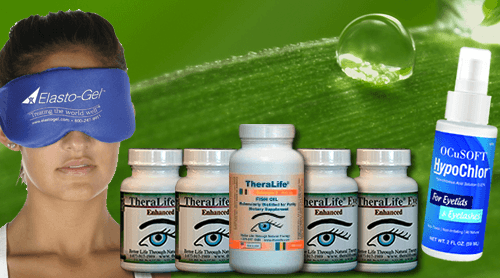Eye feels sticky and blurry- sticky eyes
Eye mucus or discharge is a common symptom on your eyelids called sticky eyes.
Some also call it eye boogers, gunk, eye pus, eye mattering and goopy eyes
Babies can get it if a tear duct hasn’t opened all the way.
Since babies’ tear ducts aren’t yet fully developed, it’s normal for some blockages to occur during their first years of life.
The occasional mucus crust from discharge is normal when waking up from a night’s rest.
It’s hard to sleep when your eyelids are stuck together.
Initially, you may have become a little worried.
Fortunately, many cases of dry eyes disappear quickly or can be treated quickly.
Mild cases of seasonal allergies may cause small difficulties opening up your eyes after being closed, sometimes just after opening.
Sometimes severe cases can make your eyes appear as though your eyes have been closed.
It can be worst right after sleeping.
It could be that you are suffering from swollen eyes as well and may also have other problems.
As you sleep, it clumps together.
It could contain oils from products you have used on your face, your own skin cells, dust and other debris thus becomes eye gunk.
Eye discharge can signal something you can not blink or wipe away.
if you begin to experience worsening symptoms alongside heavy eye discharge, your eye doctor may recommend medical treatment
During the day, tear ducts lubricate your eye surface, washing foreign bodies away as you blink.
At night, this may build up and create a sticky eye
Watery eyes
Excess tearing can also be a symptom.
If dry eye treatments fail to make enough tears, a different tear production system may be activated- this reflex mechanism usually produces too many tears.
Sticky eyes on awakening
It is relatively common to find sticky things around your upper eyelids.
Hence the phrase “sleep in our eyes”.
Those discharges are caused by things accumulating at the time you look around the eye.
When a person sleeps, it swells.
These may be oils of products you use on your face, skin, tissue or even dust or debris.
Sometimes that lump dries out when we sleep and it’s painful to gently remove it from your eye.
if there is an excessive amount of green or yellow-colored discharge on your eyes, and you are experiencing blurry vision, light sensitivity, or eye pain, you might have an eye infection or other eye problem.
Causes of sticky eyes
Sticky eye occurs when your eyes are dried out and your lids dry and can be hard pressed.
Some conditions may cause the situation but most are temporary or treatable.
Several issues are treated and others can be solved gradually.
You should have the best eye doctor for any eye problems that happen when the eye is stuck in the eyes unless the doctor has prescribed a procedure that can be done immediately.
Contact lenses
Or, it could be a mild infection from poor contact lens hygiene or an indication that your eyes are too dry due to prolonged wearing of your contact lenses
Conjunctivitis
Conjunctivitis is also known as red or pink eye.
Conjunctivitis is an eye condition caused by infection or allergies. It usually gets better in a couple of weeks without treatment.
It usually affects both eyes and makes them: red burn or feel gritty produce pus that sticks to lashes itch water.
Dry eye syndrome
Two Most Common Dry Eye Symptoms: Burning eyes & sticky eyes.
Certain medical conditions can decrease tear production.
These include rheumatoid arthritis, Sjogren’s syndrome, diabetes and lupus, among others. In some cases, systemic treatment for these conditions may ease dry eyes.
Allergic conjunctivitis
Stringy, white mucus is often a result of allergic conjunctivitis.
This allergic reaction may create deposits and material that clump together, settling inside of your eye or under your lower eyelid.
blocked tear duct
When sticky eyes are caused by a tear duct blockage or hard-to-treat stye, an ophthalmologist may recommend surgery.
In some cases, people may confuse a blocked tear duct with conjunctivitis.
Anyone who notices discharge alongside red or pink whites of the eyes in a child in their care should take them to see an eye doctor.
Bacterial infection
Green or Gray Mucus
The most common reason your eye produces green or gray mucus is due to a bacterial eye infection.
Bacterial conjunctivitis may cause your eyelids to be glued shut when you wake up in the morning.
allergic reaction
It can result from various forms of infection or an allergies.
As the most common strains of conjunctivitis are contagious, care needs to be taken in cleaning the eyes thoroughly and washing your hands well, to avoid it passing to other people.
Blocked eyelash follicle
A sticky eye could also indicate a blocked eyelash follicle (often resulting in a pimple called a stye.
Blepharitis
Often, a patient experiencing stickiness around the eyelids or trouble opening their eyes first thing in the morning, it’s very likely that they have inflammation or blepharitis of the eyelids and eyelashes
How to treat conjunctivitis- sticky eyes
Recommended treatment will vary depending on the condition or irritant causing your eyes to feel sticky.
To maintain eye comfort and good vision, the front surface of your eye needs to be covered with an even layer of tears that contain the right mix of water and oils.
Treatment includes warm compresses and antibiotics.
If your sticky eyes are the result of a bacterial infection, your doctor may prescribe antibiotic eye drops or ointments.
If you’re experiencing sticky eyes from common allergies or a cold, over-the-counter (OTC) medication and antihistamines can help eliminate symptoms.
Treatment from a GP for sticky eyes
Treatment will depend on the cause of your conjunctivitis.
They may offer advice and prescribe eye drops for a better result as an antihistamine for the condition.
If it’s a bacterial, you might be prescribed antibiotics.
But these will not work if it’s caused by a virus (viral conjunctivitis) or an allergy.
Some sexually transmitted infections (STIs) can cause conjunctivitis. This type takes longer to get better.
When treating a young baby with a medical condition below two years old, you’ll need a doctor’ s prescription.
Dry eyes- causing sticy eyes
For many people, eyedrops, used about four to six times a day, are enough eye lubricant to relieve dry eye symptoms.
If artificial tears don’t provide enough relief, the next step may be punctual plugs.
Do not wear contact lenses until your eyes are better.
Corneal Ulcer- causing sticky eyes
When not treated promptly, a corneal ulcer can put you at risk of vision loss. It is an abscess-like infection of the cornea, typically the result of trauma to the eye or an untreated eye infection.
How to treat conjunctivitis yourself- sticky eyes?
Many home treatments can help with this condition.
There are things you can do to help ease your symptoms.
Boil water and let it cool down before you gently wipe your eyelashes to clean off crusts with a clean cotton wool pad (1 piece for each eye).
Hold a cold flannel on your eyes for a few minutes to cool them down.
It is easy to get relief using medication.
Don’t wear lenses unless you have improved sight.
Using warm compresses over closed eyelids for three to five minutes once or twice a day, followed by a gentle lid massage, can help melt the oil in the glands and move it to the eye’s surface.
Antibiotics may also be useful for reducing inflammation in the glands that can lead to oil production problems
The best way to deal with the yellow mucus in your eye is to see an eye doctor.
References for sticky eyes
Tools & Resources Treatment Plan for Neuromyelitis Optica Understanding Pink Eye Symptoms
Newsletters Sign Up Follow Us Medical News Today Health Conditions Discover Tools Connect Subscribe What can cause sticky eyes? Medically reviewed by Debra Rose Wilson, Ph.D., MSN, R.N., IBCLC, AHN-BC, CHT — Written by Jenna Fletcher on July 29, 2021
We use cookies on our website to give you the most relevant experience by remembering your preferences and repeat visits.
Is There Gunk in My Eye? By Danny Bonvissuto Medically Reviewed by Whitney Seltman, OD on August 31, 2020




